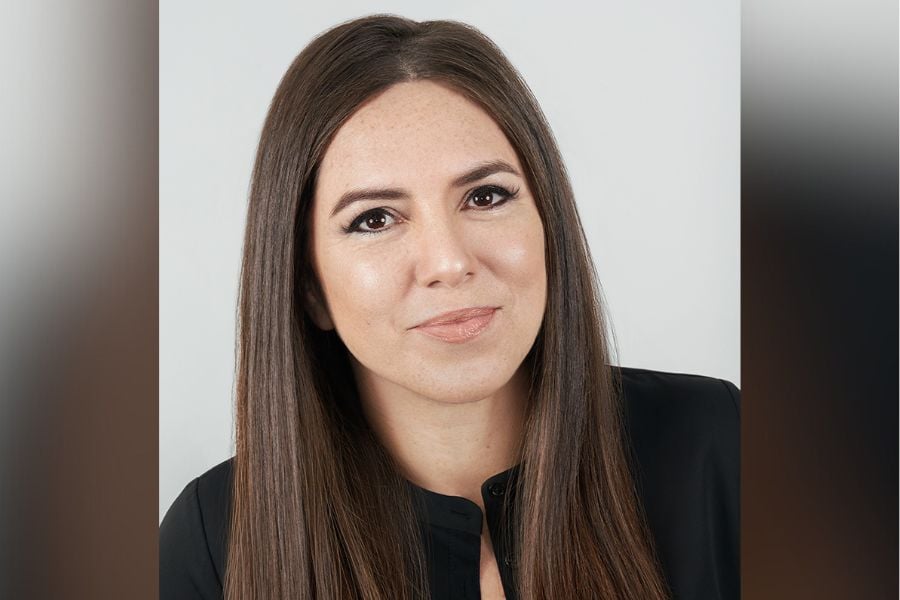

Serial entrepreneur Nathalie Molina Niño had spent the better part of two decades in the tech world when she came to the conclusion that investors are the ones running the show.
Having that power to invest and make changes led her in 2016 to start Brava Investments, a firm that backs women-owned businesses. More recently, she co-founded Known, an investment advisor that manages assets for families and endowments “in ways that are healthy for the planet and the people on it.” That includes a focus on closing the wealth gap, ideally putting more money in the control of BIPOC investors, Molina Niño said.
“My whole life, the big trajectory has been what is fair and what is just. Professionally, how that translates is that less than 2% of the world’s capital and assets is owned and controlled by 70% of the world — which is people of color,” she said. “When we say at Known that our priority is reducing and hopefully eliminating the wealth gap, that is where it is coming from, for me personally. It’s coming up with a model that allows us to participate in the capital markets that is fairer than what is currently happening.”
The firm is approaching its two-year anniversary, although it took the founders two years to build and secure licenses before its 2021 launch.
“I initially went to my mentors with this crazy idea, wondering what was possible. They encouraged me, advised me and helped me reshape the idea to what it is today,” said Molina Niño, who is the firm’s chief strategy officer.
Her mentors — Jim Casselberry and Valerie Red-Horse Mohl — became her business partners and cofounders. Casselberry, CEO at Known, was previously chief investment officer at 4S Bay Partners. Red-Horse Mohl, president of the firm, was the first Native American to start a Wall Street investment bank. The four co-founders are Black, Indigenous, Latinx and Asian-American, and the firm’s staff of at least 17 is highly diverse.
“You’ll never see a DEI initiative” at the firm, Molina Niño said, pointing to the New York City-based firm’s existing diversity. “We don’t try to fix what other people see as a diversity problem. We just exist. And that is why people are gravitating toward us.”
The company generally manages assets in house, although some mandates have required it to hire subadvisors, she said. The firm, which currently has about two dozen clients, has a plan of getting to $50 billion in assets under management in 10 years.
“It does seem like we are tracking toward that target,” Molina Niño said.
The firm’s Form ADV, the latest of which was filed in June, shows that it had $26.8 million in assets under management as of January, with $25 million of that being discretionary.
Known also has an investment bank that is getting up and running, with services launching publicly in the coming weeks, Molina Niño said.
The investment bank will primarily serve middle-market clients, she said. “The middle markets are really critical, because that historically is where multigenerational wealth has been created in this country.”
Another of the firm's priorities is to use its resources to help smaller financial services companies grow. The company makes its back-office services available to up-and-coming RIAs and first-time fund managers, similar to how Stephen Schwarzman’s Blackstone provided support to Larry Fink’s BlackRock in its early days, Molina Niño said.
“We have a full back-office we can loan to them … so they can create the next big financial services companies,” she said.

The move to charge data aggregators fees totaling hundreds of millions of dollars threatens to upend business models across the industry.

The latest snapshot report reveals large firms overwhelmingly account for branches and registrants as trend of net exits from FINRA continues.

Siding with the primary contact in a marriage might make sense at first, but having both parties' interests at heart could open a better way forward.

With more than $13 billion in assets, American Portfolios Advisors closed last October.

Robert D. Kendall brings decades of experience, including roles at DWS Americas and a former investment unit within Morgan Stanley, as he steps into a global leadership position.
Orion's Tom Wilson on delivering coordinated, high-touch service in a world where returns alone no longer set you apart.
Barely a decade old, registered index-linked annuities have quickly surged in popularity, thanks to their unique blend of protection and growth potential—an appealing option for investors looking to chart a steadier course through today's choppy market waters, says Myles Lambert, Brighthouse Financial.
